**The Fundamental Need for Steel in Rolling Bearings**
Rolling bearings are essential components in many mechanical systems, and the quality of the steel used is crucial to their performance and longevity. The selection of bearing steel must meet several fundamental requirements to ensure optimal functionality and durability.
First and foremost, **fatigue strength** is a critical property of bearing steel. Bearings are subjected to repeated and cyclic loads, which can lead to fatigue damage over time. This damage often begins with micro-cracks that eventually propagate, leading to failure. To prevent this, the steel must have high resistance to contact fatigue, ensuring long-term reliability and performance under continuous stress.
Second, **wear resistance** is another key requirement. Bearings experience both rolling and sliding friction between the raceways, rolling elements, and cage. These constant movements cause wear on the surfaces, which can affect precision and reduce service life. Therefore, bearing steel must be highly resistant to wear to maintain accuracy and stability throughout its operation.
Third, **hardness and toughness** play a vital role in determining the performance of bearing steel. Hardness directly influences the material’s ability to resist deformation and wear, while toughness ensures it can withstand impact without fracturing. Typically, bearing steel achieves a hardness of around HRC 61–65, providing excellent resistance to fatigue and wear.
Fourth, **corrosion resistance** is essential for protecting the bearing from rust and degradation during processing, storage, and use. Bearings may be exposed to moisture, chemicals, or harsh environments, so the steel must have good anti-rust properties to maintain its structural integrity.
Additionally, **machinability and processability** are important factors. Bearings undergo various cold and hot working processes during manufacturing, such as forming, cutting, and heat treatment. The steel must be easy to process, allowing for efficient production while maintaining high-quality standards.
Beyond these basic requirements, bearing steel must also meet strict specifications regarding **chemical composition**, **microstructure uniformity**, **low levels of non-metallic inclusions**, and minimal internal defects. Any surface decarburization or impurities must be within acceptable limits to ensure consistent performance.
Common materials used for bearing parts include **high-carbon chromium bearing steel**, **case-hardening steels** (such as 20Cr2Ni4A, 15Mn, 20Cr2MnMoA), **high-temperature bearing steels** (like Cr4Mo4V, Cr14Mo4, Cr15Mo4V, W18Cr4V), **stainless bearing steels** (9Cr18, 9Cr18Mo, 1Cr18Ni9Ti), **vacuum-degassed steel**, and **non-magnetic bearing steel**. Among these, **high-carbon chromium bearing steel** is the most widely used due to its superior wear resistance, fatigue strength, and machinability.
In China, common grades include **GCr6, GCr9, GCr9SiMn, GCr15, and GCr15SiMn**, which are extensively used in the bearing industry. These steels offer excellent mechanical properties, making them ideal for a wide range of applications.
Whether in industrial machinery, automotive systems, or precision equipment, the right choice of bearing steel is fundamental to achieving reliable and long-lasting performance.
---
**Related Bearing Knowledge:**
- Characteristics of Four-Row Tapered Roller Bearings
- Analysis of Radial Ball Bearings
- The Production Process of Rolling Bearings
- The Dangers of Using Inferior Bearings
This article is sourced from China Bearing Network. For more information, visit: [China Bearing Network](http://www.chinabearing.net)
Previous: The Key to Using Rolling Bearings: Analysis of Spherical Ball Bearings with Seats
AH Metal Horizontal Slurry Pump
1. Naipu AH series centrifugal slurry pumps and
spare parts can fully interchange with world famous brand.These pumps
are of heavy-duty construction, designed for continuous pumping of
highly abrasive and corrosive slurries. They feature a wide choice of
replaceable abrasion resistant metal liners
and Impellers, which are all interchangeable within a common casting
assembly.
Typical Applications---
Minerals Flotation Processing
Electric Factory Coal Preparation
Coal Washing
Chemical Medium Processing
Effluent Handling
Sand And Gravel Handling
2.Construction drawing of Naipu AH series slurry pump
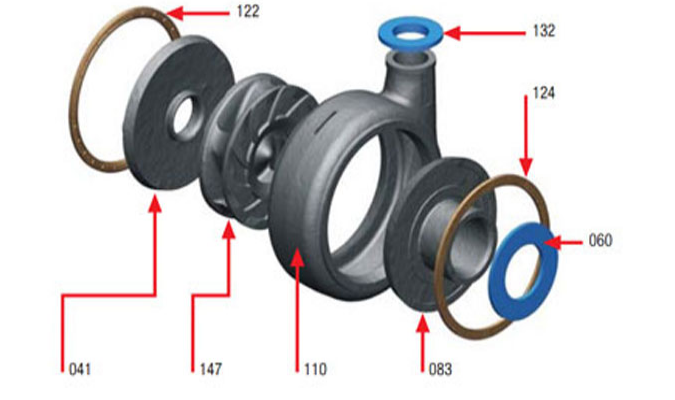
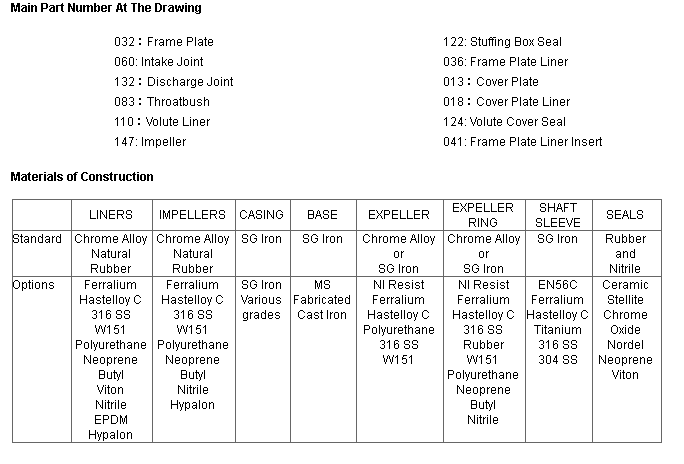
3.Select chart of Np-AH Series slurry pump
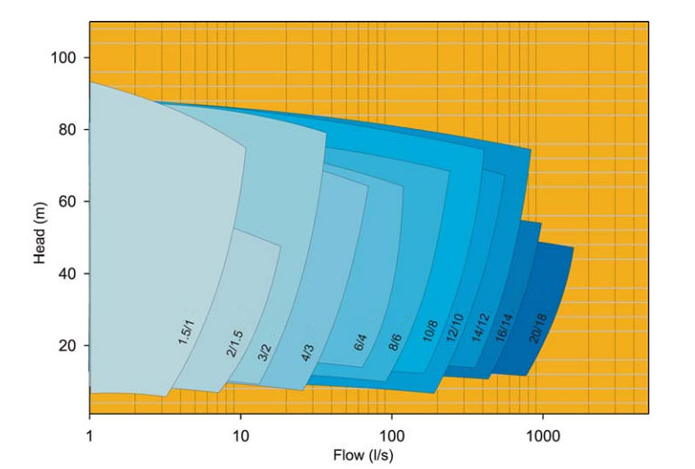
4. Performance parameter of AH slurry pump
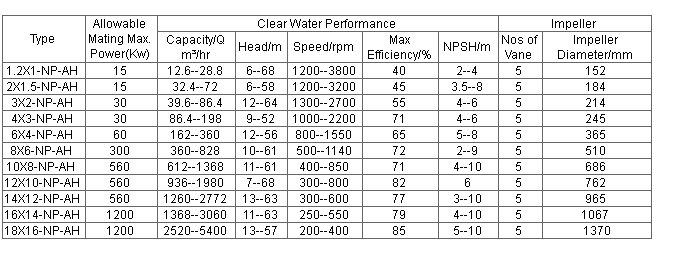
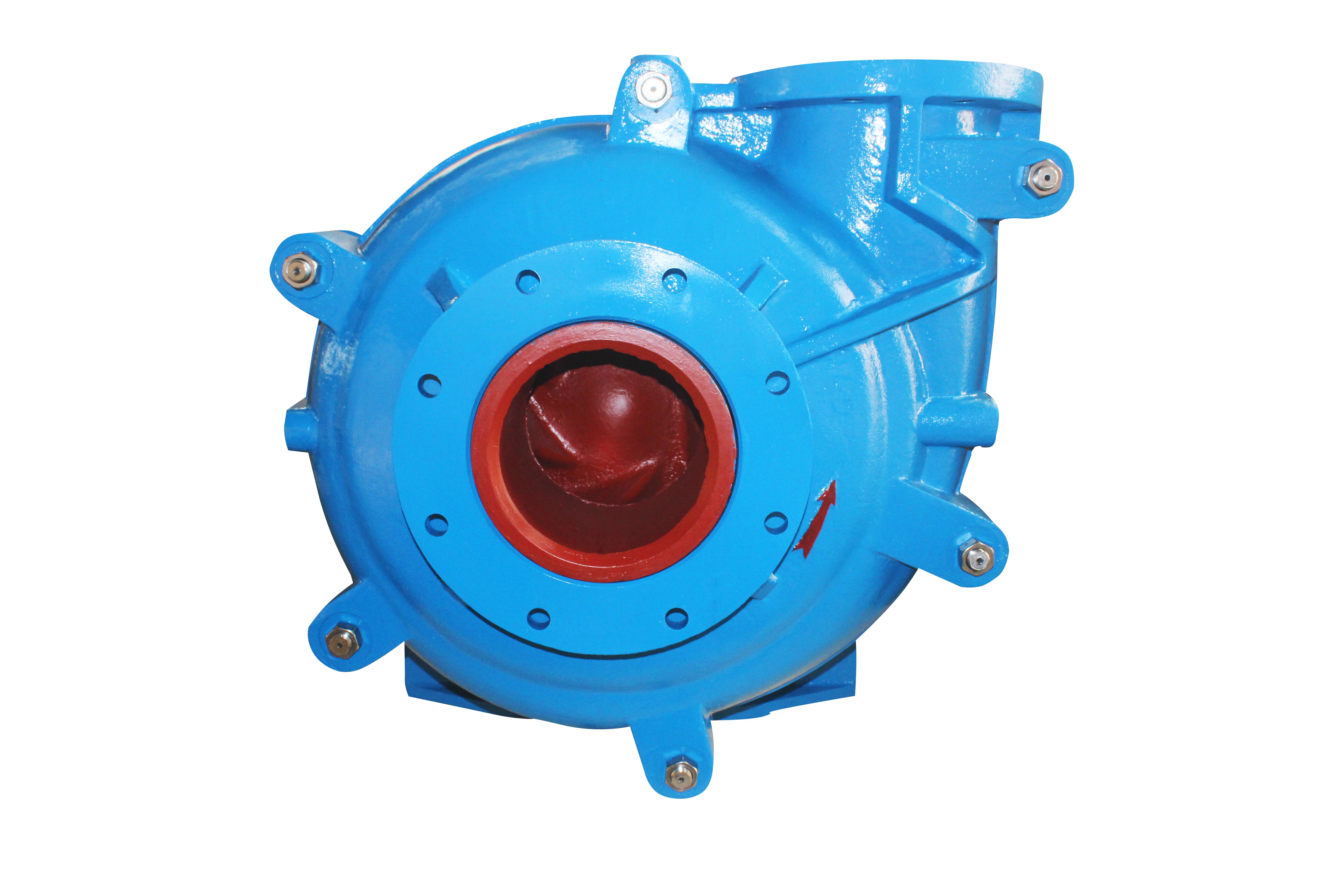
AH Horizontal Slurry Pump,AH Metal Horizontal Slurry Pump,AH Metal Horizontal Centrifugal Slurry Pump,Heavy Duty Slurry Pump
Shijiazhuang Naipu Pump Co., Ltd. , https://www.naipu-pump.com




